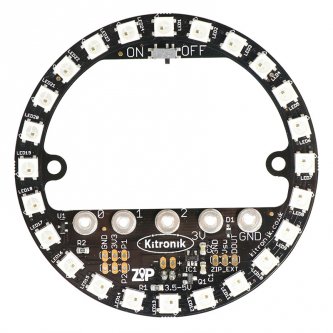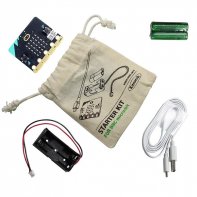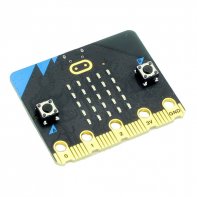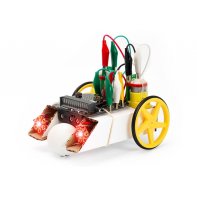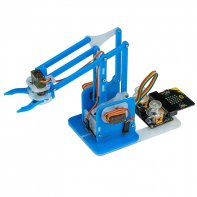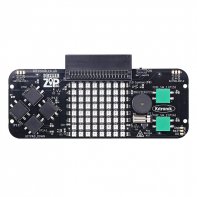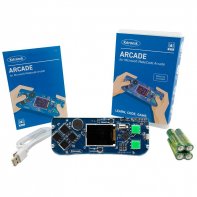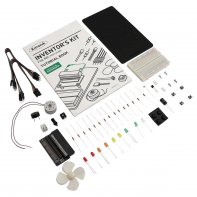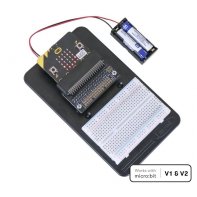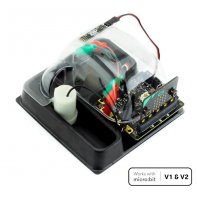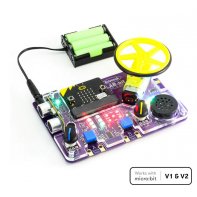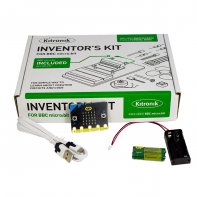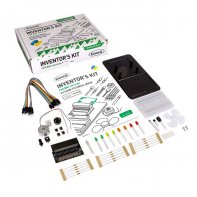Kitronik ZIP Halo For BBC micro:bit
With the new Halo card for the BBC micro:bit, you can add colour to your next coding project. The Halo board is equipped with 24 ZIP LEDs, which are individually addressable colour LEDs. This means that each LED can display a wide range of colours, allowing for spectacular colour effects.
The Halo mounts directly to the BBC micro:bit using five secure, solid bolts. The board also contains additional connector tabs (0.1" pitch) for connecting additional ZIP LEDs.
Halo card for BBC Micro bit by Kitronik
With the new Halo card for the BBC micro:bit, you can add colour to your next coding project. The Halo board is equipped with 24 ZIP LEDs, which are individually addressable colour LEDs. This means that each LED can display a wide range of colours, allowing for spectacular colour effects.
The Halo mounts directly to the BBC micro:bit using five secure, solid bolts. The board also contains additional connector tabs (0.1" pitch) for connecting additional ZIP LEDs. The P1 and P2 pins of the micro:bit, as well as the power supply and ground, are also separated on 0.1" pads. This increases the number of connections to low power components such as sensors and switches.
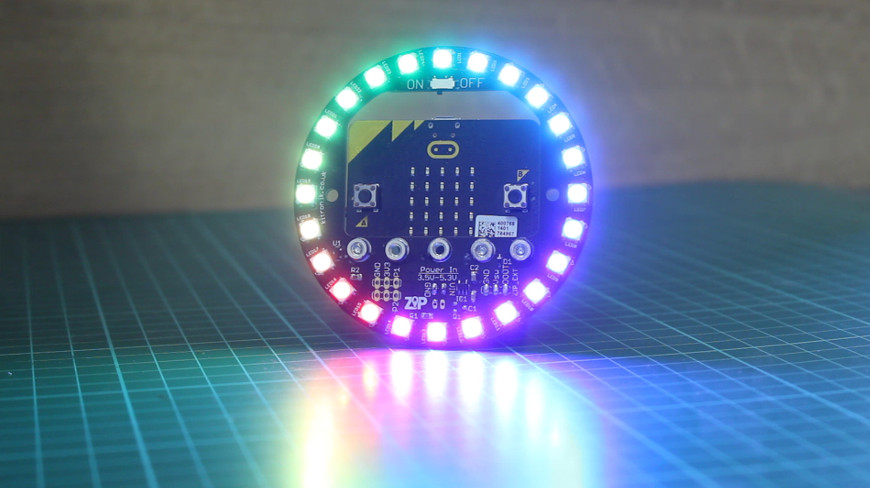
The Halo requires a supply voltage of 3.5V-5V and offers a BBC micro:bit regulated power supply. The JST input can be powered by a 3xAAA battery holder, a LiPo battery or a JST wire. Alternatively, you can attach a power source directly to the PCB solder pads.
The LEDs used are based on the WS2812B component, which works with any WS2812B driver code. They can also be written in MakeCode Block/Javascript.
- Halo is equipped with 24 independently addressable ZIP LEDs.
- Compatible with Adafruit NeoPixel driver code and other WS2812Bs.
- Voltage range: 3.5V to 5V.
- Halo attaches directly to the BBC's micro:bit.
- There are additional expansion pads on the PCB.
Halo BBC Micro bit card: content, requirements and resources
Contents :
- 1 x Halo for the BBC micro:bit.
- 5 x M3 x6mm screws with locknut.
Prerequisites :
- BBC Micro:bit V1 or V2 card
Resources :
Contents :
- 1 x Halo for the BBC micro:bit.
- 5 x M3 x6mm screws with locknut.
Prerequisites :
- BBC Micro:bit V1 or V2 card



